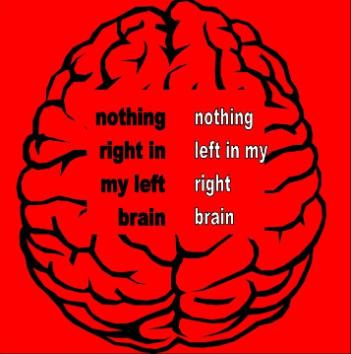Thanks to Terry Hanson for sending me this perceptive article, from the July-August 2006 Educause Review [500 kB PDF]. Despite its appalling 3 column design, making it impossible to read on screen, the article should be of great interest to managers, teachers, and policy people. It is broadly about the next generation of learning environments, which the authors define as:
"the complete set of technology tools that students and faculty members will need for support of their day-to-day learning, teaching, and research, whether in face-to-face, online, or hybrid courses"
The authors try, and largely manage, to answer the question: "what do faculty, students, and administrators - i.e. the people who actually use and manage these tools - want from the next-generation e-learning environment?",with findings based on interviews done in 2005 with (1) faculty, scientists, and librarians; (2) students (learners); and (3) administrators (CIOs, provosts, and IT managers). I'm not going to attempt a summary of the piece here, partly because that would provide you with a get-out from reading it in full. Things I particularly valued in the article were the personal reflections at the end of it from each of the three authors. I was also taken with the article's coherent line on the importance of motivation in learning, and the need for "next generation environments" to be motivating - rather than tediously prescriptive - for users; and with its emphasis on the need for the environment to work with the grain of the web-based systems that people are increasingly using as part of everyday life. The diagram below, and the narrative surrounding it in the article itself, tries to capture this.

Diagram - the "Jafari Model" - by Ali Jafari



Recent Comments